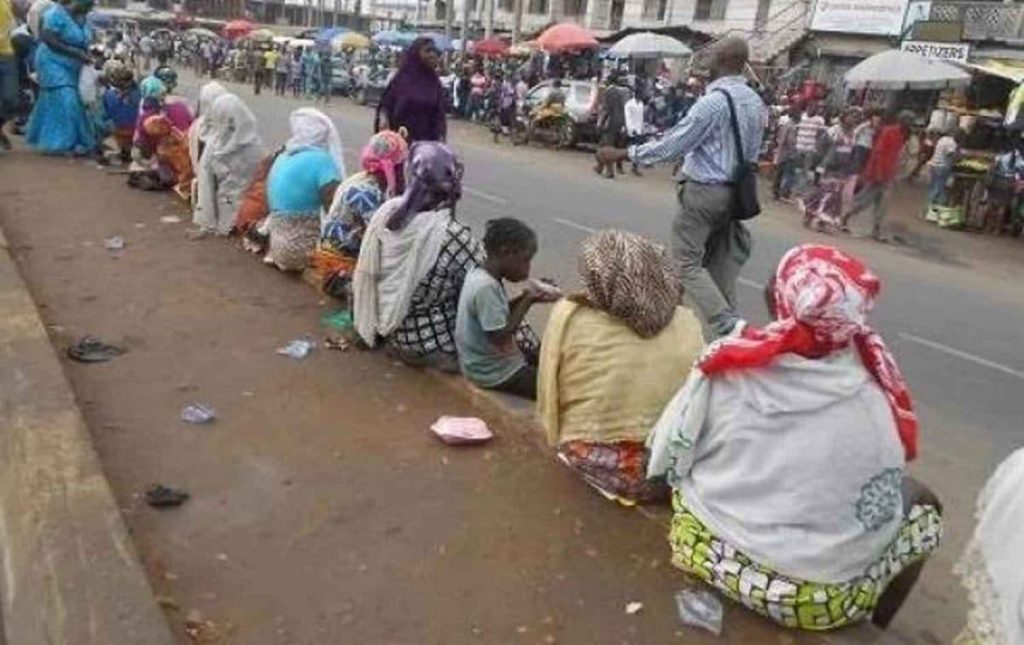CurrentReport Blog The Delta State Government has taken decisive action to remove over a dozen homeless children, including a 19-year-old mother and her three-month-old baby, from the streets of Asaba. This move, led by the Ministry of Women Affairs, Community, and Social Development, aims to address the rising number of street beggars and prevent potential security threats.
Rising Street Begging in Asaba
According to Commissioner Mrs. Pat Ajudua, Asaba has witnessed an influx of people from neighboring states engaging in street begging and, in some cases, criminal activities. She emphasized that the government does not tolerate street hawking, child homelessness, or people sleeping under bridges, as they pose security risks.
“They constitute a nuisance and, as the days go by, they end up becoming criminals that will pose security risks to the state.” – Mrs. Pat Ajudua
During a recent raid at key locations in Asaba, several homeless individuals were rescued, including Clinton and Henry, twin brothers found loitering in the early hours. Another individual, Somto Ifekanma, a sachet water vendor, explained that he had no place to sleep, forcing him to stay on the streets.
Young Mother Among Those Evacuated
Among those removed was Regina Albert, a 19-year-old mother from Onitsha, Anambra State, who claimed to be battling cancer. Regina had taken her baby to Summit Junction in Asaba to beg for alms to fund her medical treatment when ministry officials intervened.
“I sat down begging to secure the needed fund to have an operation when the officials came and arrested me.” – Regina Albert
Government’s Next Steps
The government has assured that all evacuated individuals will be profiled and reunited with their parents or caregivers. This initiative is part of the state’s broader plan to eradicate street begging and child homelessness while ensuring the safety of residents.
The Delta State Government’s latest move underscores its commitment to tackling street begging and protecting vulnerable individuals. Authorities are urging citizens to seek alternative means of support rather than resorting to begging, which often exposes them to exploitation and crime.












